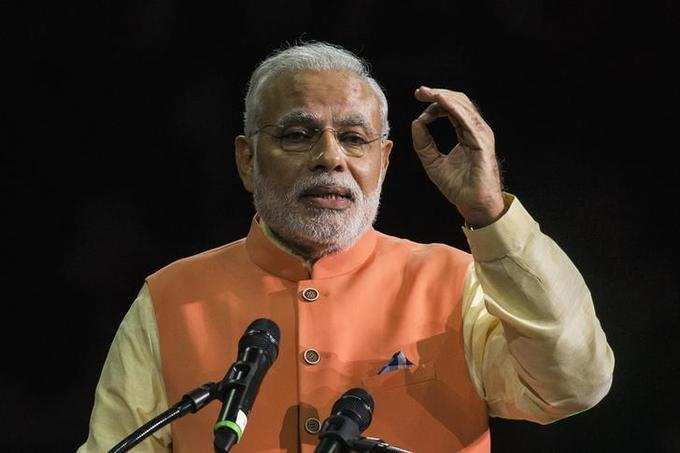 The Prime Minister announced demonetization of Rs 500 and Rs 1000 currency notes with effect from midnight, making these notes invalid. By now, we know this move is to curb
The Prime Minister announced demonetization of Rs 500 and Rs 1000 currency notes with effect from midnight, making these notes invalid. By now, we know this move is to curb Let’s take a simple example - Mr X possesses Rs 10 crore black money right now. Let’s say he has Rs 1000 notes. That means 1,00,000 notes of Rs 1000. Now, with government abolishing Rs 500 and Rs 1000 notes, Mr X should exchange his Rs 1,000 notes with smaller currency notes which he can't because banks will ask for the source of that amount. Even if he decides to convert them into Rs 100 notes somehow, he would have 10,00,000 notes. Such a huge amount of cash is difficult to store and transport when dealing in heavy illegal transactions. Another instance is when giving a bribe. Let's say someone is bribing a government official with Rs 1 crore, it would mean carrying 1,00,000 notes of Rs 100. It’s laughable to be dealing with that kind of transaction.
All of this means - Money launderers will either try to hoard cash, exchange them with new notes or deposit them in the banks to convert them into white. But, they won’t be able to do any of these because firstly,
Moreover, people will increasingly resort to banks for any financial transaction. This will be easier than carrying a bunch of notes of lower denominations. This will automatically reduce black money and lead to more financial inclusion. Some other clear areas where it will bring down malpractices are during elections, instances of bribing government officials, hawala transactions, terrorist activities, cross-border smuggling and illegal trade, human trafficking deals, child labor and related practices.
Also removing
This explains how Modi’s recent move will definitely have a bearing on the economy as a whole, and only for the nation's good.
